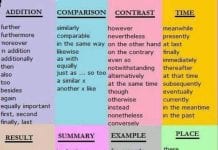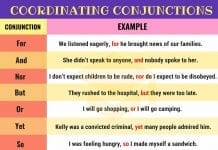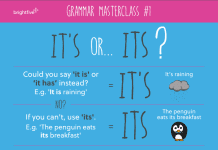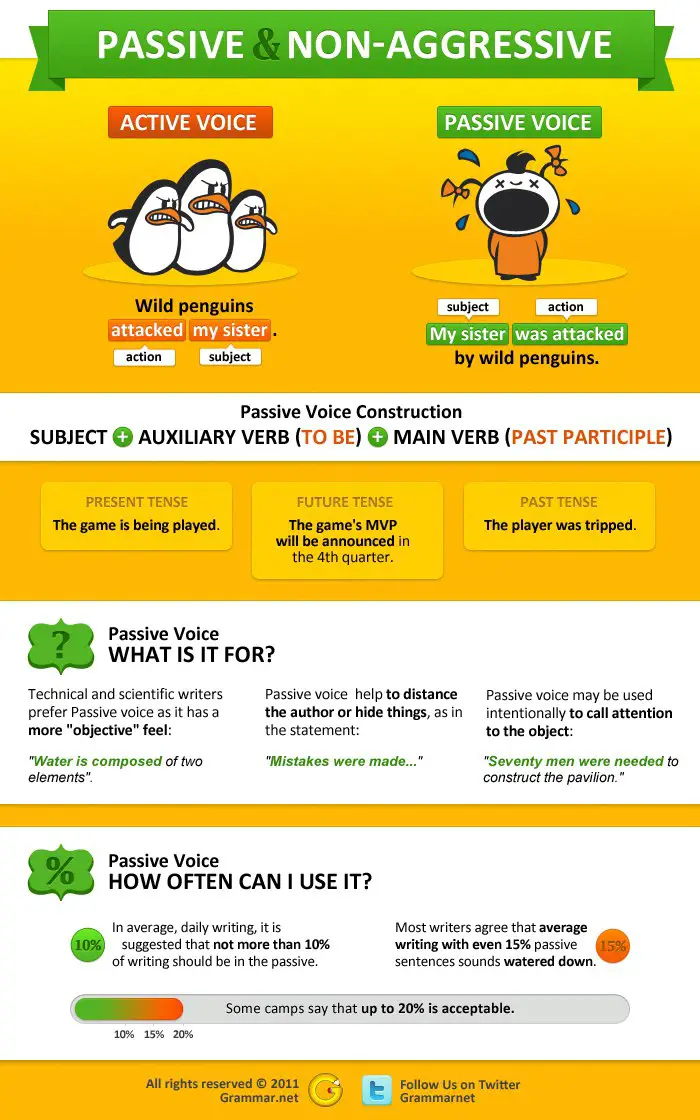
More about Active vs Passive Voice ›› Examples ›› How to Change Passive to Active voice
I would like to start this article by telling you: the Passive Voice isn’t as difficult to use as you might think. I actually feel quite sorry for this poor structure as it is hated by so many learners.
All you need is a good command of the verb ’to be’ and to know your past participles to make beautifully elegant sentences using the Passive Structure.
When to use passive voice?
When it’s NOT important or unknown WHO has done something.
- The pyramids were built thousands of years ago.
Do we know who built them? Well, there must have been a lot of people working there.
- This shirt was made in Italy.
Do we know who made it? No. Somebody made it and now I can wear it.
If you would like to add WHO has done a certain thing – keeping in mind that it is still not the most important or emphasized part of your sentence -, you’ll have to use ‘by’:
- They were built by slaves.
or:
- It was made by a young designer.
Sometimes we use it when wanting to sound diplomatic or to avoid taking responsibility for something:
Boss: Have you finished the report?
Me: No, it hasn’t been finished yet. (note: I didn’t say it was ME who hasn’t done it, so it’s not really my fault)
Recommended for you:
List of Sentence Connectors in English with Examples!
Polite Expressions in English: Words, Phrases and Questions
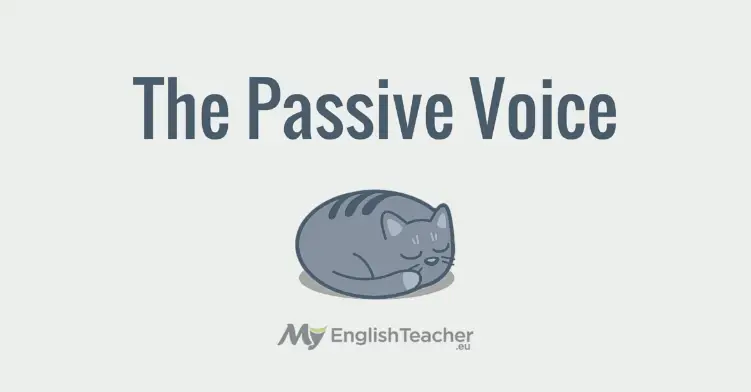
BE + PAST PARTICIPLE form
Let’s look at the verb ’to be’ first- it can take many forms depending on the time aspect you want to express:
›› Present Simple: am / is / are
›› Present Continuous: am being / is being / are being
›› Present Perfect: has been / have been
›› Past Simple: was / were
›› Past Continuous: was being / were being
›› Past Perfect: had been
›› ’going to’ Future: am going to be / is going to be / are going to be
›› Future Simple: will be
›› Future Perfect: will have been
›› With modals: can be / should be / must be etc.
This is followed by the 3rd form of a verb: the Past Participle.
For example, done / built / painted / directed.
Below you will see examples for each time aspect, together with their ‘active’ equivalents.
- Passive voice: Millions of e-mails are sent every day.
- Active Voice: People (not important who) send millions of e-mails every day.
- Passive voice: Hundreds of e-mails are being sent at this very moment.
- Active Voice: People are sending hundreds of e-mails at this very moment.
- Passive voice: The e-mail has been sent.
- Active Voice: Somebody has sent the e-mail.
- Passive voice: Ten years ago much fewer e-mails were sent than today.
- Active Voice: Ten years ago people sent much fewer e-mails than today.
- Passive voice: The e-mail was just being sent when you called.
- Active Voice: Somebody was just sending the e-mail when you called.
- Passive voice: The e-mail had been already sent by the time you called.
- Active Voice: Somebody had already sent the e-mail by the time you called.
- Passive voice: The e-mail is going to be sent tomorrow.
- Active Voice: Somebody is going to send the e-mail tomorrow.
- Passive voice: I think an e-mail will be sent to you.
- Active Voice: I think somebody will send an e-mail to you.
- Passive voice: The e-mail will have been sent by Friday.
- Active Voice: Somebody will have sent the e-mail by Friday.
- Passive voice: The e-mail must be sent.
- Active Voice: Somebody must send the e-mail.
Notice how the Past Participle sent remained the same in all the above sentences. What changed was the verb ‘to be’. So, just remember to choose the correct form of ’be’ and to always use the Past Participle after that.
More for you:
How to make Past Participle, Present Perfect Sentences etc.?
Phrasal Verbs with BE!
Past perfect and simple past tense
Making questions
To make questions using the Passive Voice, you’ll just have to change the word order in the sentence, as you would normally do when using the verb ’to be’.
›› Am I … ? Is it … ? Are they … ?
›› Is it being … ? Are they being … ?
›› Has it been … ? Have they been … ?
›› Was it …? Were they … ?
›› Was it being …? Were they being … ?
›› Had it been … ? Had they been … ?
›› Is it going to be …? Are they going to be … ?
›› Will it be … ? Will they be … ?
›› Will it have been … ? Will they have been … ?
›› Can it be … ? Must they be … ?
+ Past Participle
- Passive voice: Is whiskey made in France?
- Active Voice: Do people make whiskey in France?
- Passive voice: Are the children being looked after?
- Active Voice: Is somebody looking after the children?
- Passive voice: Has the letter been sent?
- Active Voice: Has somebody sent the letters?
- Passive voice: Was Mona Lisa painted by Michelangelo?
- Active Voice: Did Michelangelo paint Mona Lisa?
- Passive voice: Were you being looked after when you were ill?
- Active Voice: Was somebody looking after you when you were ill?
- Passive voice: Had all the tickets been sold by the time you got there?
- Active Voice: Had somebody sold all the tickets by the time you got there?
- Passive voice: Are the invitations going to be sent out this week?
- Active Voice: Is somebody going to send out the invitations this week?
- Passive voice: Will you be invited?
- Active Voice: Will somebody invite you?
- Passive voice: Will the invitations have been sent out by Friday?
- Active Voice: Will somebody have sent out the invitations by Friday?
- Passive voice: Can this plant be kept indoors?
- Active Voice: Can people keep this plant indoors?
More for you:
12 (All) English Tenses with Examples
I’m not good at asking questions in English. Can you help …
Best questions to ask to get to know someone!
Negative Form
And finally, the negative form. I’m sure you’ve guessed it: it’s the verb ‘to be‘ that has to be negative and the Past Participle remains the same.
- Whiskey isn’t made in France.
- The children aren’t being looked after.
- The letter hasn’t been sent.
- Mona Lisa wasn’t painted by Michelangelo.
- I wasn’t being looked after when I was ill.
- The tickets hadn’t been sold by the time we got there.
- The invitations aren’t going to be sent out this week.
- I won’t be invited.
- The invitations won’t have been sent out by Friday.
- This plant can’t be kept indoors.
I hope by now you can see that the Passive Voice can be learned. If you have any questions, please, feel free to ask for help in the comment area below. We’ll be more than happy to help you.
More for you:
How to use short negative answers in English?
A Practical Guide to Using Diplomatic English
15 Things to STOP Doing When Learning English!




